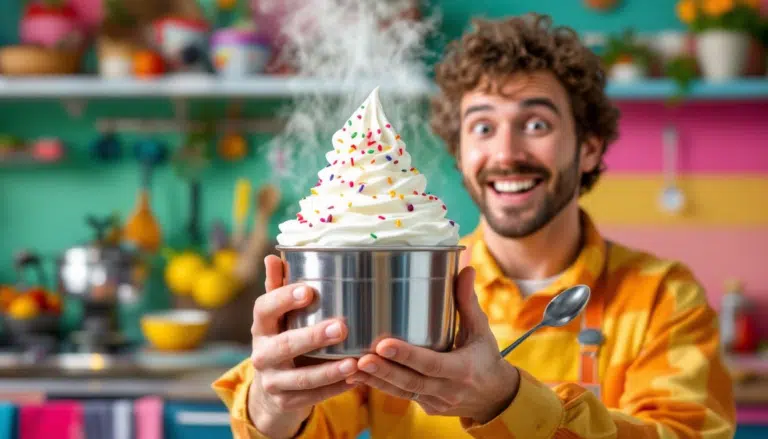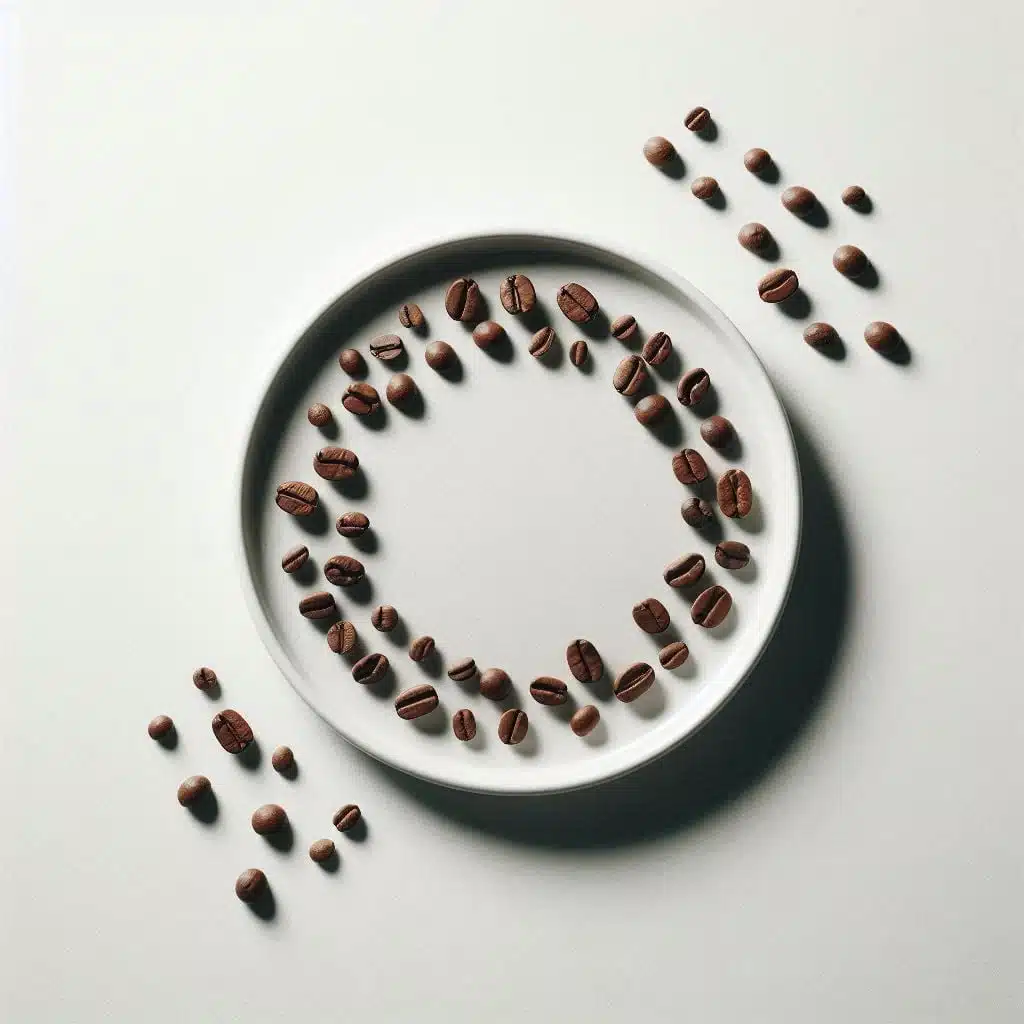Coffee beans, the coffee plant’s seeds, are the base of one of the world’s favourite drinks. Harvested, processed and roasted to bring out their flavour and aroma, coffee beans are not only used to make coffee but also as an ingredient in many recipes, from baked goods to savoury dishes. They can be consumed in different forms, whole, ground or brewed and the type of coffee bean used can greatly impact the flavour and nutritional content of the end product. But can you eat coffee beans? How many coffee beans can you eat? Let’s get to the benefits, risks and different ways to eat coffee grounds and enjoy them.
What are Coffee Beans?
Coffee beans are the seeds inside the coffee cherry of the Coffea plant. These coffee plant beans are extracted, dried and roasted to become the coffee grounds we use to brew coffee. Raw, unroasted coffee beans taste earthy and acidic, roasted beans have a broader range of flavours depending on the roast level and type of bean. There are two main types of coffee beans: Arabica and Robusta coffee fruit. Arabica beans are smooth and complex, Robusta beans are a dark roast ,stronger and more bitter with higher amount of caffeine.
Coffee beans are an ingredient used in many culinary applications beyond coffee brewing. They can be ground into a powder for baking or cooking, added whole to recipes for a crunchy texture or even infused into liquids to impart their flavour. Knowing about coffee beans and their uses can enhance your culinary creations and your appreciation of this versatile seed.
Limited Edition Deal! Smartwhip 640g – Now £26.95
The Benefits and Risks of Eating Coffee Beans
Benefits of Eating Coffee Beans
- Antioxidant Boost: Coffee beans safe to eat are rich in antioxidants, especially chlorogenic acids which can help protect cells and reduce inflammation. Antioxidants are important for overall health and preventing chronic diseases. Combining coffee beans with dark chocolate can boost the antioxidant benefits and make for a delicious snack.
- Source of Dietary Fiber: Eating coffee beans is a source of dietary fiber which supports healthy digestion and bowel function. Fiber is essential for a healthy gut and preventing digestive issues.
- Increased Alertness and Energy: The caffeine in coffee beans can increase alertness and energy. Caffeine is a well known stimulant that can improve mental focus and reduce fatigue.
- Potential Health Benefits: Eating coffee beans may reduce the risk of diseases such as Parkinson’s disease, Alzheimer’s disease and type 2 diabetes. Some studies suggest that coffee consumption can improve cognitive function and overall longevity.
Risks and Side Effects of Eating Coffee Beans
- Excessive Caffeine: Eating too many coffee beans can lead to too much caffeine which can cause side effects like jitters, anxiety and insomnia. Be mindful of your caffeine consumption to avoid these effects. Eating too many chocolate covered coffee beans can also lead to negative health effects like anxiety, stomach upset and increased calorie intake from added sugars and fats.
- Stomach Upset: Coffee beans can cause stomach upset, heartburn and diarrhea in some people. The high acidity and concentration of compounds in coffee beans can irritate the digestive system.
- Health Condition Concerns: People with certain health conditions like high blood pressure, heart disease or anxiety disorders may need to limit or avoid eating coffee beans. Caffeine can exacerbate these conditions and be harmful.
- Pregnancy and Breastfeeding: Pregnant or breastfeeding women should be cautious when consuming coffee beans as caffeine can affect the fetus or baby. High caffeine consumption can lead to complications during pregnancy and affect the baby’s development.
Who Can Eat Coffee Beans?
Healthy adults can eat coffee beans in moderation but be mindful of individual caffeine sensitivity and potential health risks. Here are some guidelines for different groups:
- Children and Adolescents: Should not eat coffee beans as caffeine can affect developing brains and bodies. Caffeine can interfere with sleep, growth and development in young people.
- Pregnant or Breastfeeding Women: Should limit or avoid eating coffee beans. Consult a healthcare provider before consuming coffee beans to ensure safety for both mother and baby.
- People with Health Conditions: Those with high blood pressure, heart disease or anxiety disorders should consult their healthcare provider before eating whole coffee beans to avoid complications.
How to Eat Coffee Beans Safely
Eating roasted coffee beans is generally safe but it’s best to roast them yourself or buy from a reputable source to ensure quality and safety. Here are some tips for safe to eat coffee beans:
- Roasting: Make sure the coffee beans are properly roasted. Raw or green coffee beans may contain higher levels of certain compounds that can be toxic in large quantities.
- Moderation: Eating coffee beans in moderation is safe to eat , it is key to avoiding excessive caffeine intake and side effects for caffeine fix. A few beans at a time can give you the benefits without the risks of high caffeine consumption. To swallow coffee beans has minimal risk as long as you don’t choke and the caffeine in swallowed beans is equivalent to a sip of coffee.
- Proper Storage: Store roasted coffee beans properly to preserve their flavor and nutritional content. Keep them in an airtight container in a cool, dry place away from direct sunlight.
Ways to Eat Coffee Beans
Finely ground Coffee beans can be enjoyed in many ways. Here are some ideas:
- Milk chocolate Covered Coffee Beans: A classic treat that combines coffee and chocolate. These beans are coated in a layer of chocolate making them a tasty snack.
- Baked Goods: Coffee bean can be added to baked goods like muffins, cakes and cookies for an extra flavor and nutrition. They add a crunchy texture and a strong coffee taste. Ground coffee can also be used in baking or cooking to enhance the flavors of baked goods and savory dishes.
- Snacking: Eating roasted coffee bean straight from the bag is a convenient snack. A quick energy boost on the go.
- Toppings: Chocolate covered coffee bean can be used as a topping for ice cream, yogurt or oatmeal. They add a crunchy texture and a coffee burst to your favorite dishes.
Eating Coffee Beans vs Drinking Coffee
Eating raw coffee beans gives you a more concentrated dose of caffeine and antioxidants compared to drinking brewed coffee. Eating these beans gives you a more concentrated dose of caffeine and antioxidants compared to drinking brewed coffee. Each coffee bean has around 6-8mg of caffeine so eating a handful of beans can add up quickly. But drinking coffee is more convenient and enjoyable than green beans, especially for those who love the flavor and aroma of coffee.
Both eating coffee bean and drinking coffee can have health benefits but be mindful of your caffeine sensitivity and health risks. Moderation is key to enjoying the benefits without the side effects.
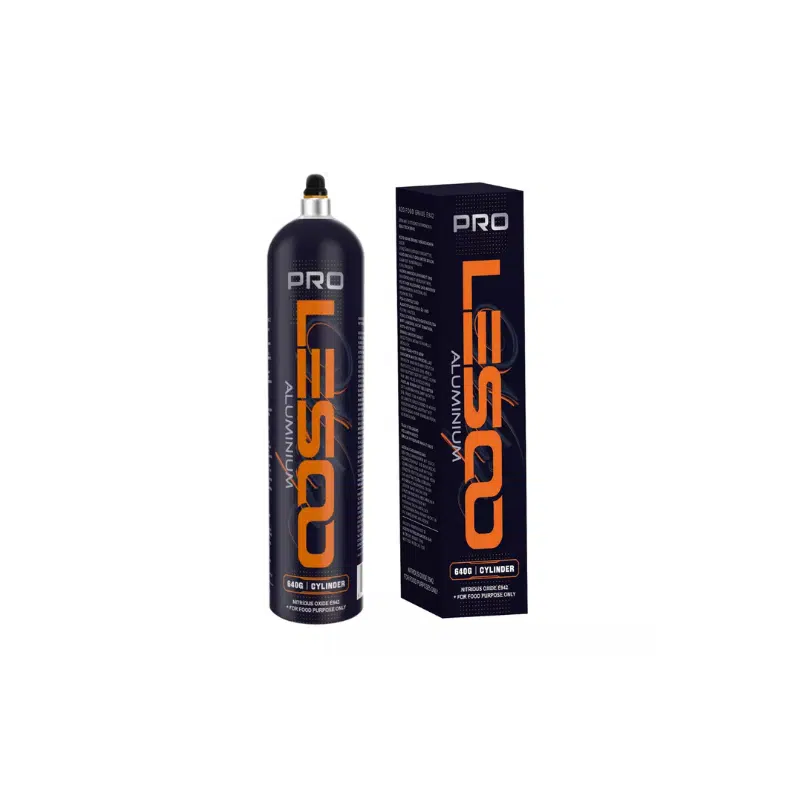
£27.50 Original price was: £27.50.£21.50Current price is: £21.50.
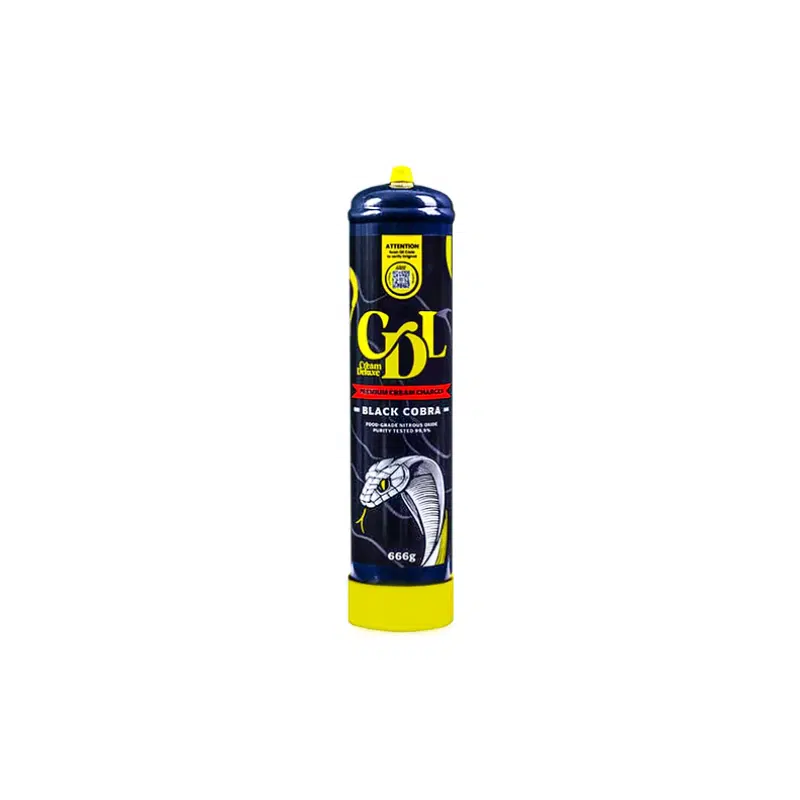
£26.95 Original price was: £26.95.£21.95Current price is: £21.95.

£23.95 Original price was: £23.95.£19.99Current price is: £19.99.

£29.95 Original price was: £29.95.£24.95Current price is: £24.95.

£77.95 Original price was: £77.95.£67.95Current price is: £67.95.

£27.95 Original price was: £27.95.£20.95Current price is: £20.95.
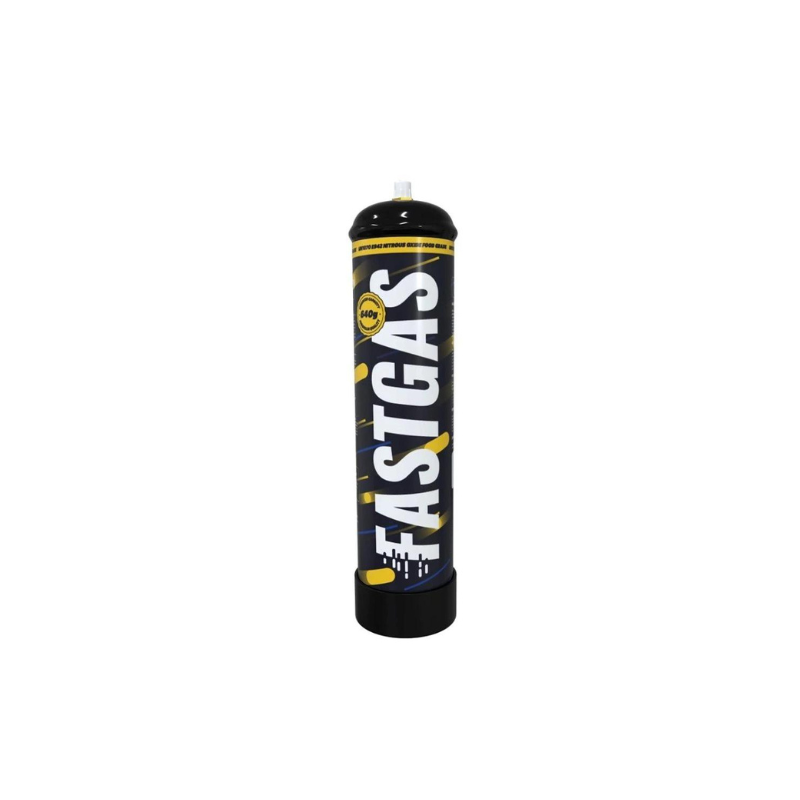
£24.98 Original price was: £24.98.£20.98Current price is: £20.98.
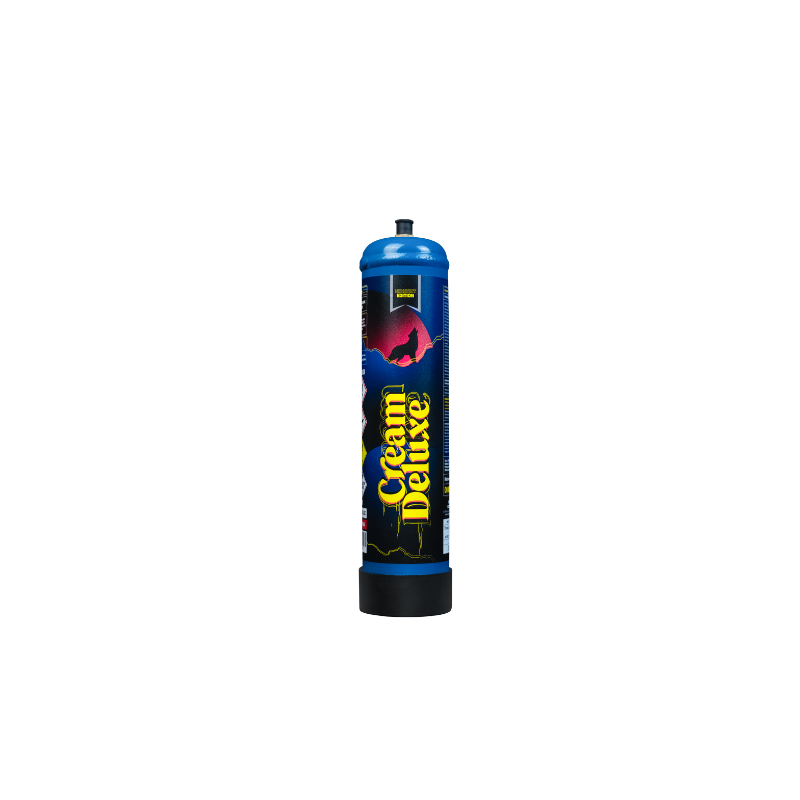
£24.95 Original price was: £24.95.£20.50Current price is: £20.50.

£35.00 Original price was: £35.00.£26.95Current price is: £26.95.
Caffeine Content of Coffee Beans
The caffeine content of these beans varies depending on the type, roast level and brewing method. One coffee bean has around 6-8mg of caffeine. Here’s a breakdown:
- Type of Bean: Arabica beans have less caffeine than Robusta beans.
- Roast Level: Darker roasts have slightly less caffeine than lighter roasts as some caffeine is lost during the roasting process.
- Brewing Method: The brewing method can affect the caffeine content in the final cup. Espresso for example has more caffeine per ounce than drip coffee.
Eating whole beans or too many beans can lead to too much caffeine and cause side effects like jitteriness, anxiety and insomnia. Monitor your caffeine intake and adjust accordingly.
Precautions and Contraindications
Some groups say coffee is not the answer and that coffee lovers should be cautious or avoid to consume coffee beans altogether:
- High Blood Pressure: Caffeine raises blood pressure so those with hypertension should limit their intake.
- Heart Disease: Caffeine can be risky for those with heart conditions.
- Anxiety Disorders: Caffeine can worsen anxiety symptoms so avoid or limit consumption.
- Pregnant or Breastfeeding Women: High caffeine intake can cause complications during pregnancy and affect the baby’s development.
- Children and Adolescents: Avoid caffeine as it can affect developing brains and bodies.

£27.50 Original price was: £27.50.£21.50Current price is: £21.50.

£26.95 Original price was: £26.95.£21.95Current price is: £21.95.

£23.95 Original price was: £23.95.£19.99Current price is: £19.99.

£29.95 Original price was: £29.95.£24.95Current price is: £24.95.

£77.95 Original price was: £77.95.£67.95Current price is: £67.95.

£27.95 Original price was: £27.95.£20.95Current price is: £20.95.

£24.98 Original price was: £24.98.£20.98Current price is: £20.98.

£24.95 Original price was: £24.95.£20.50Current price is: £20.50.

£35.00 Original price was: £35.00.£26.95Current price is: £26.95.
Conclusion
Eating coffee bean is safe and enjoyable but be mindful of your caffeine sensitivity and health risks when consuming caffeine alone. Moderation of amount of caffeine consumed is key with these beans and store them properly to keep their flavour and nutrients.
Whether you eat coffee bean or drink coffee, both can have health benefits and great flavour. Now you know the benefits, risks and safe way to enjoy coffee beans, you can make informed choices for your lifestyle.








